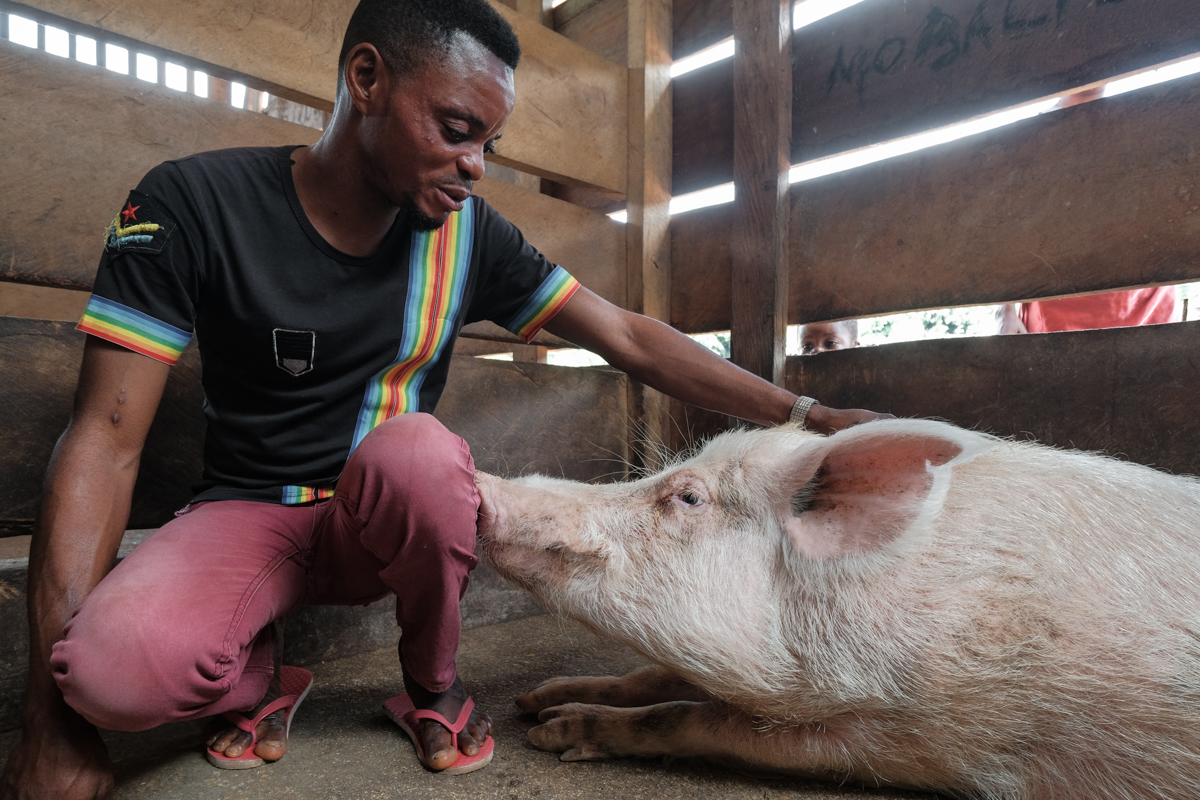Alternatives to Unsustainable Commercial Hunting in the Yangambi Landscape

Wildmeat plays a significant role in the Yangambi landscape, providing local communities with a vital source of animal protein and income. Wildmeat is the primary source of animal protein consumed in the area and is crucial for food security.
However, the unsustainable trade in wildmeat poses a serious threat to wildlife, leading to declines in species populations and disrupting ecosystem functions and services. Currently, the Yangambi landscape is characterized by depleted forests dominated by resilient rodent species, such as the African brush-tailed porcupine and the giant pouched rat, as well as small ungulates like the blue duiker. While some emblematic species, including the sitatunga, forest buffalo, giant pangolin, and chimpanzee, are still present, their numbers are alarmingly low (Van Vliet et al., 2022).
To address this issue, the Centre for International Forestry Research (CIFOR) has partnered with Solutions for Wildlife (SO WILD) to implement alternatives to hunting and the bushmeat trade. Their goal is to introduce or strengthen low-cost, easily adoptable livelihood activities that have minimal environmental impact. These initiatives aim to provide communities with alternative sources of meat protein or income, thereby reducing reliance on bushmeat and easing the pressure on wildlife.
Since the project’s inception in 2020, six pigsties have been established in the Yangambi landscape—three in the Weko and Bosukulu communities and three in Yangambi town. Local pig breeders now produce approximately 10 tons of meat annually. However, this amount is still insufficient compared to the estimated 145 tons of bushmeat traded and consumed in the region.
The next step for SO WILD is to establish a butchery in Yangambi town to ensure a consistent daily supply of pork, with proper facilities for meat preservation. As bushmeat remains the most accessible source of animal protein, SO WILD aims to make pig meat available and affordable for all households, regardless of budget size. This work would not have been possible without the financial support from USAID and the EU.

